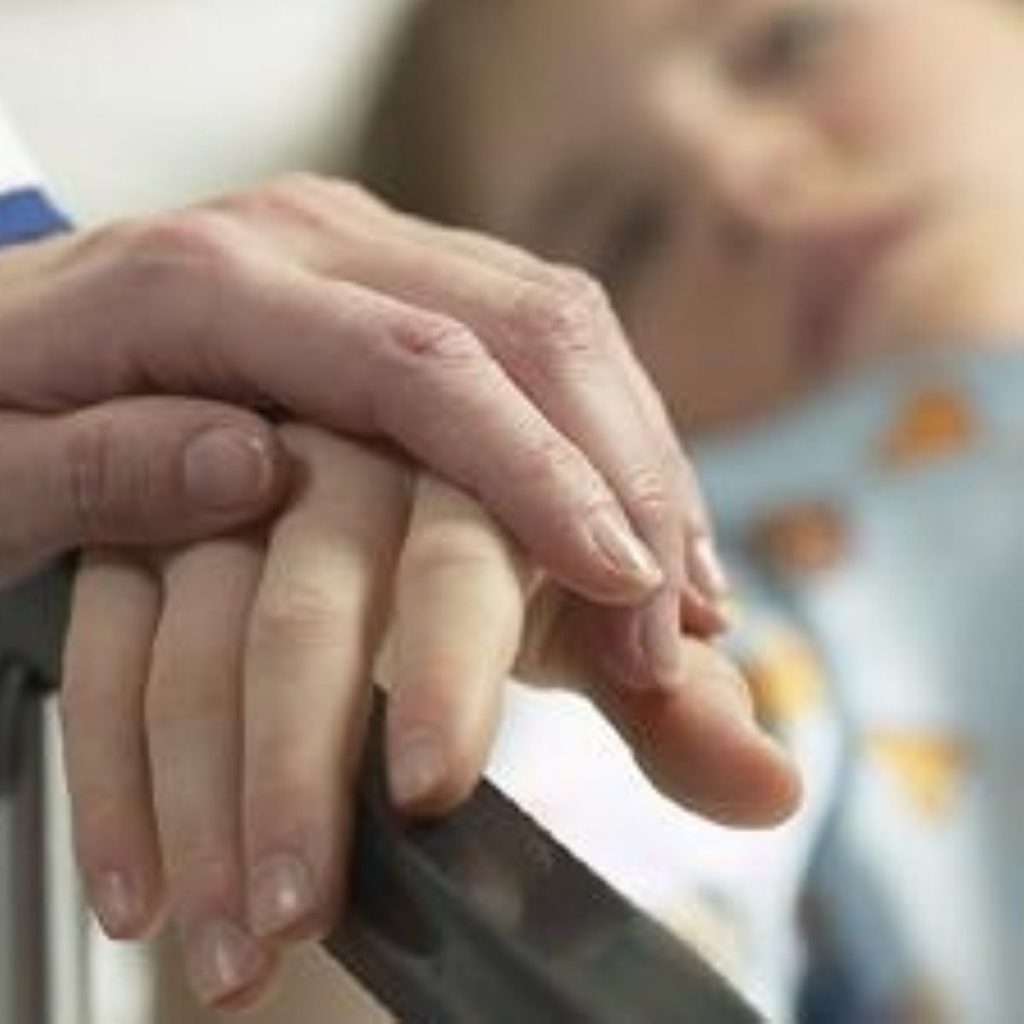Trafficked children lost behind ‘wall of silence’
By politics.co.uk staff
Trafficked children are suffering from abuse as professionals struggle to identify them, according to a new report published today by the NSPCC and the University of Bedfordshire.
The study, Breaking the wall of silence, looked at 37 cases of trafficked children and spoke to 72 different children’s professionals in three areas of England to asses how they respond to the challenge of helping young victims of trafficking.
It describes a “tangible level of confusion” among children’s services staff about a definition of trafficking and how to apply it to the young people in their care.
University of Bedfordshire Professor Jenny Pearce said: “Trafficking is not just about children from abroad being brought into this country. It can include British children and young people being trafficked within the UK.
“Some victims are sexually exploited but other forms of abuse may be involved. Children can be victim to an overlapping combination of abuse including criminal activity, domestic servitude, benefit fraud and forced labour, stealing or begging.”
She continued: “There is no typical profile for a trafficked girl or boy, or young man or woman. Even how old they seem can be misleading – many trafficked children have grown old beyond their years after experiencing abuse and maltreatment.
NSPCC senior researcher, Dr Patricia Hynes, who is based at the NSPCC’s centre for action on child sexual abuse, called Fresh Start, said: “Trafficked children are hidden behind a wall of silence. There are children who are afraid to speak out or do not see themselves as trafficked or victims.
“Traffickers are extremely skilled at manipulating and coercing children into silence by threatening to harm them or their families, or reporting them for deportation. On the other side, practitioners often find it difficult to identify a trafficked child when they do not know what signs to look for.”
The study highlights the need for skilled, trained interpreters and specialist trained and supported foster carers who are aware of the potential health needs of trafficked children and of the manipulation and violence they may have suffered.
The report recommends that:
- Separated children, who arrive into the UK without their parents, are given a key worker to support them upon arrival.
- Border officials should supply leaflets which children can understand about what trafficking is and detailed information about where they can seek help.
- ¿li>All professionals are trained to identify and record indicators of trafficking so to help bring traffickers to justice.
- Local Safeguarding Children Boards (LSCBs) should develop more effective recording and monitoring of cases to build a national picture of where children are being trafficked from, to and for what purpose.
- LSCBs should train their staff about trafficking and to establish sub-committees which focus on the safeguarding of trafficked children in their area.





-01.png)